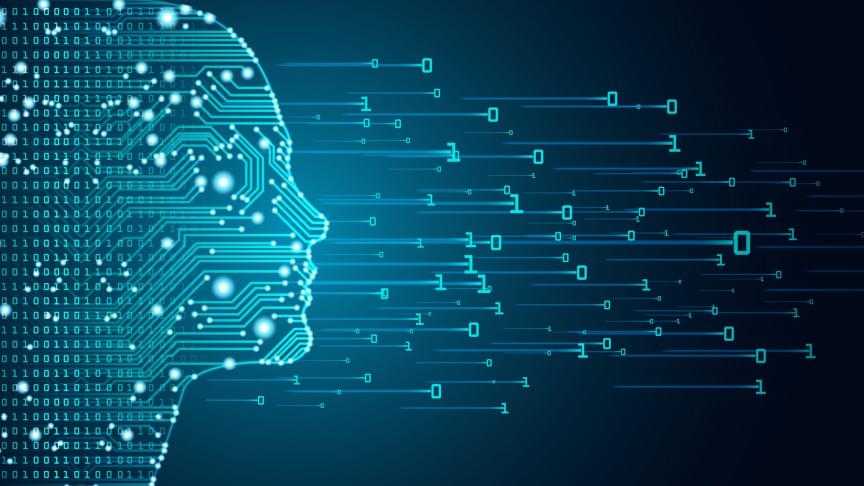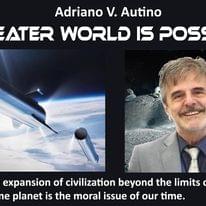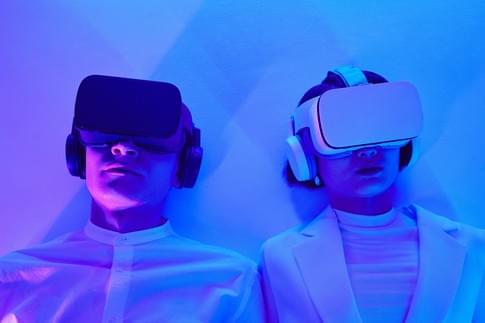By Natasha Vita-More.
Has the technological singularity in 2019 changed since the late 1990s?
As a theoretical concept it has become more recognized. As a potential threat, it is significantly written about and talked about. Because the field of narrow AI is growing and machine learning has found a place in academics and entrepreneurs are investing in the growth of AI, tech leaders have come to the table and voiced their concerns, especially Bill Gates, Elon Musk, and the late Stephen Hawking. The concept of existential risk has taken a central position within the discussions about AI and machine ethicists are prepping their arguments toward a consensus that near-future robots will force us to rethink the exponential advances in the fields of robotics and computer science. Here it is crucial for those leaders in philosophy and ethics to address the concept of what an ethical machine means and the true goal of machine ethics.







